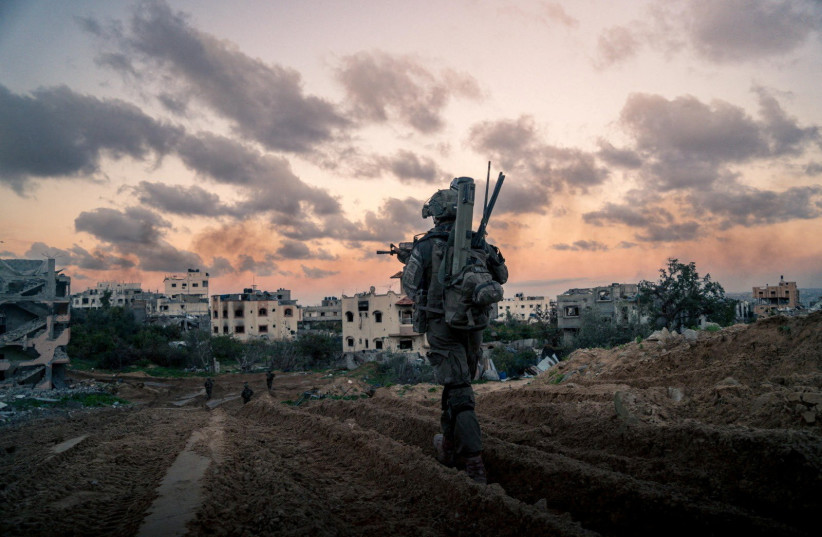In the aftermath of the Israel-Hamas war’s eruption, the indelible image of the beautiful Israeli, courageously stepping out of the safety of home to volunteer en masse, continues to resonate in our collective consciousness. The outpouring of support through volunteer projects was not merely heartening; it was a testament to the resilience and compassion that define our community.
As Israel grapples with the prolonged uncertainty of its longest war, it is imperative that our commitment extends beyond the immediate crisis. The scale of the crises demands more than a fleeting acknowledgment; it requires a sustained dedication to post-war reconstruction.
This is more than a call to action. It is a resounding plea for strategic planning and a comprehensive response, preparing for the challenges that will undoubtedly persist in the aftermath.
A compelling statistical narrative emerges while examining the evolving landscape of volunteerism during this crisis. In the initial three weeks, a commendable 45% of the population engaged in volunteer activities. However, as the sixth week unfolded, the participation rate diminished to 29%. What captured my attention was the revelation that a significant 55% of all volunteers commenced their service only after the war began – a surge in spontaneous responses to the unfolding crisis.
Drawing from my decade-long experience in the volunteering arena, I recognize the recurring patterns of increased volunteer engagement during crises, reminiscent of the heightened community response witnessed during the COVID-19 pandemic. These “peaks” of volunteering become conspicuous during times of emergency, reflecting a shared human impulse to unite in challenging times.

Decline in volunteering
The subsequent decline in volunteerism did not catch me by surprise. It signifies the need for individuals to return to a semblance of routine. The lack of actual planning and management during the initial surge became glaringly apparent, resulting in inefficiencies that strategic coordination could have mitigated. As the crisis persists and a semblance of normalcy attempts to return, the decline in volunteer engagement becomes more pronounced.
Recognizing the pressing need for planning and management, I acknowledge that while spontaneity is commendable, it carries the risk of unmet needs and ineffective responses. The deficit in planning and management capabilities becomes increasingly apparent as we navigate through the prolonged duration of the crisis.
The day after the war demands strategic planning, efficient management, and sustained commitment. It is a clarion call for everyone, from individuals to corporations, to step forward and integrate volunteerism into the Israeli ethos. It is time to shift our focus from the emergency response stage to smartly investing in the reconstruction stage.
The transformative journey ahead necessitates a paradigm shift in our approach to volunteering. Beyond a reactionary response to a crisis, let our collective efforts be an enduring commitment to the well-being and resilience of our society. National compassion is not just a choice; it is the cornerstone of a community rising stronger from the ashes of adversity. Together, let us rebuild our nation, uplift our communities, and fortify the national spirit.
The writer CEO of the nonprofit OneDay Social Volunteering.
